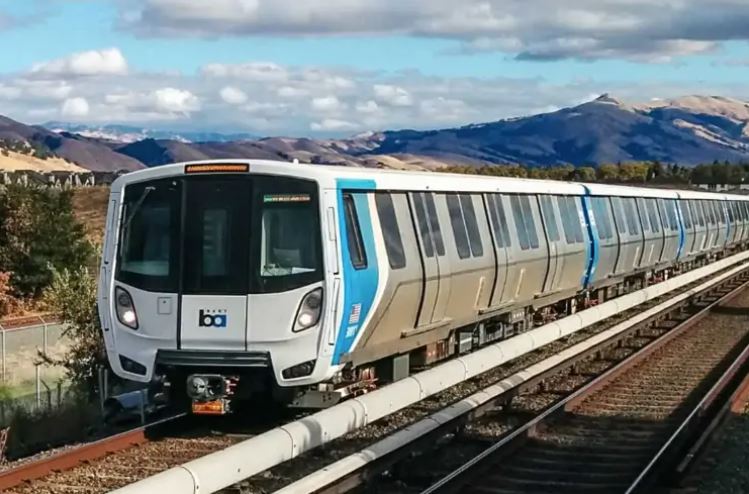If you’re catching a BART train a few years from now, and something looks a little different, it’s probably just the station’s new fare gates catching your eye.
BART’s Board of Directors recommended at its March 23 meeting that it move ahead with purchasing the $90 million Next Generation Fare Gate project, which will see the agency install new fare gates in all stations by 2026. The new fare gates are anticipated to deliver an updated look and improved experience, per BART, which said their state-of-the-art technology will reduce fare evasion, enhance access for people in wheelchairs, cyclists and those with strollers, and optimize reliability and maintenance needs.
STraffic America was recommended by BART to receive $47 million for the project, and will work with staff to “stress-test” the as-yet-undetermined new fare gate designs in a station (also TBD) later in 2023. BART expects the new fare gates “to have clear swing barriers that will be very difficult to be pushed through, jumped over or maneuvered under.” Gone will be the familiar orange fins from the 700 current fare gates, said BART.
BART said the new fare gates will not only be able to process large crowds with Clipper cards quickly, but also will have 3D sensors able to detect riders in a wheelchair, or with a bike, stroller or luggage so that they are given extra time before the barrier closes. LED lighting will illuminate the swing barriers and the pathway and the ADA community is providing input to STraffic on the design.
BART Board President Janice Li said the new fare gates “will transform the rider experience and will deliver immediate improvements to safety and reliability.” She said the agency researched worldwide best practices re: fare gate designs to help inform this purchase and is grateful to local, state, and federal funding sources who have stepped up to support the project.
BART said it has secured $73 million of $90 million for the new fare gates project, with funding from BART funds (Operating-to-capital allocations and Measure RR) $23M; county transportation agency funds $28M; federal funds $15M; and state funds $6.5M.
The agency added that it stringently vetted vendor proposals for the project and also committed to subcontracting 11 percent of the work to Disadvantaged Business Enterprises.
Photo courtesy of BART






